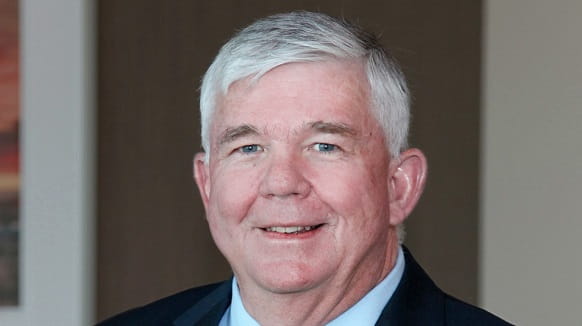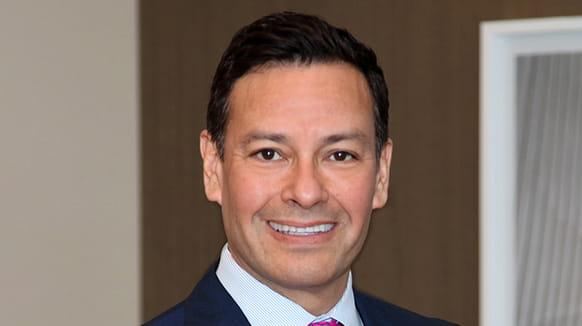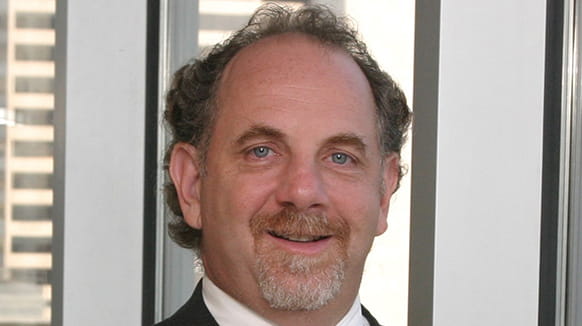As Hurricane Harvey continues to sweep the Texas coastline and destroy property in its path, insureds should take action before September 1st to protect their statutory rights and avoid the changes made under House Bill 1774, also referred to as the “Hail Bill,” which take effect September 1, 2017.
The Hail Bill adds “Chapter 542A - Certain Consumer Actions Related to Claims for Property Damage” to the Texas Insurance Code. This Chapter applies to actions on first-party claims for damage or loss of covered real property caused “wholly or partially” by “forces of nature”—including damage caused by floods, hurricanes, and rainstorms. In relevant part, Chapter 542A does two important things. First, Chapter 542A limits the interest policyholders may recover from a late-paying insurer under Section 542.060 of the Insurance Code for so-called “forces of nature” claims from 18 percent to approximately 10 percent under current market rates. Second, Chapter 542A imposes additional notice and reporting requirements on insureds and may limit the attorneys’ fees recoverable from an insurer.
While Hurricane Harvey is a “force of nature” to which Chapter 542A might otherwise apply, by its terms, the Hail Bill does not take effect until September 1, 2017. In order to maximize recovery and avoid the limitations imposed by Chapter 542A, Texas policyholders impacted by Hurricane Harvey should act promptly before Friday, September 1, 2017.
1. Insureds should report claims for property damage caused by Hurricane Harvey before September 1, 2017 in order to recover 18 percent interest on late-paid claims.
The provisions of Chapter 542A limiting interest payable by insurers, who fail to meet statutory deadlines for paying claims, only apply to claims made on or after September 1, 2017. A claim made before September 1, 2017 is governed by the laws in existence today, which require insurers to pay 18 percent interest on late-paid claims for property damage.
If a policyholder makes a claim relating to Hurricane Harvey before September 1, 2017, and the insurer does not comply with existing deadlines for responding to and paying claims, that policyholder may be entitled to recover 18 percent interest on the amount of the claim as damages under Section 542.060 of the Texas Insurance Code. Claims relating to Hurricane Harvey that are not made until September 1, 2017 or later, will be subject to the lower interest rate provided for under Chapter 542A. For these claims, an insured’s remedy against insurers who delay or deny claims is limited to approximately 10 percent interest on the amount of the claim under current market rates. The 18 percent interest penalty under current law provides a powerful incentive for insurers to act promptly in reviewing and paying first-party claims. To avoid the reduction in interest available under Chapter 542A, where possible, policyholders should act promptly to report all hurricane-related claims no later than August 31, 2017.
2. Insureds should timely pursue ripened actions arising out of Hurricane Harvey and preserve claims for the broader relief afforded under existing law.
In addition to affecting the interest recoverable for late-paid claims, Chapter 542A impacts policyholders’ recovery of attorneys’ fees and imposes additional pre-suit notice requirements for “forces of nature” claims. Specifically, the Hail Bill compels policyholders seeking to recover under Chapter 542A to provide 60-days prior notice, meeting specific requirements and detailing the damages claimed against the insurer, before filing suit to recover interest penalties. The amount of attorneys’ fees that may be recovered against an insurer may be limited to the proportion by which the policyholder’s recovery against the insurer relates to the amount claimed in the pre-suit notice. If the required pre-suit notice is not provided as specified, recovery of attorneys’ fees may be precluded.
These requirements and limitations take effect, not for claims made, but for “[a]n action that is filed on or after the [September 1, 2017] effective date” of the statute. An “action” filed before September 1, 2017 will be governed by the law that exists today, before Chapter 542A is effective.
Given the ongoing devastation along coastal and inland areas affected by Hurricane Harvey, it is unclear what existing disputes, if any, there may be between insurers and insureds over coverage for hurricane-related loss and damage. Most insureds will be unable to assess damage, submit claims or pursue actions against insurers within a week of the Hurricane Harvey making landfall. In light of the ambiguities in Chapter 542A’s statutory language and the practical difficulties inherent in invoking current law for hurricane-related loss and damage occurring so close to Chapter 542A’s effective date, it is equally unclear whether there will be some judicial or legislative dispensation to allow Texas policyholders affected by Hurricane Harvey to benefit from existing law.
If a policyholder has a ripened dispute with an insurer prior to September 1, 2017, that policyholder should act promptly to file suit by no later than August 31, 2017 to avoid the additional notice and reporting requirements and the limitations on recovery of attorneys’ fees imposed by Chapter 542A. For those policyholders who cannot commence “an action” before September 1, 2017, special care should be taken during the claim process to preserve and not waive the right to avoid Chapter 542A’s notice requirements and to seek the broader recovery of attorneys’ fees permitted under existing law.
Conclusion
As Hurricane Harvey continues to wreak havoc on insureds’ property in Texas, policyholders should report their claims for property damage to insurers by no later than Thursday, August 31st in order to maximize interest recoverable for late-paid insurance claims. Where possible, policyholders should file suit on existing disputes over coverage for Hurricane Harvey-related loss or damage before September 1, 2017 and otherwise preserve claims for the application of existing law relating to pre-suit notice requirements and recovery of attorneys’ fees.
If you have any questions about property damage caused by Hurricane Harvey or how the new Hail Bill may impact coverage, please contact one of Haynes Boone’s Insurance Coverage Practice Group partners listed below.




